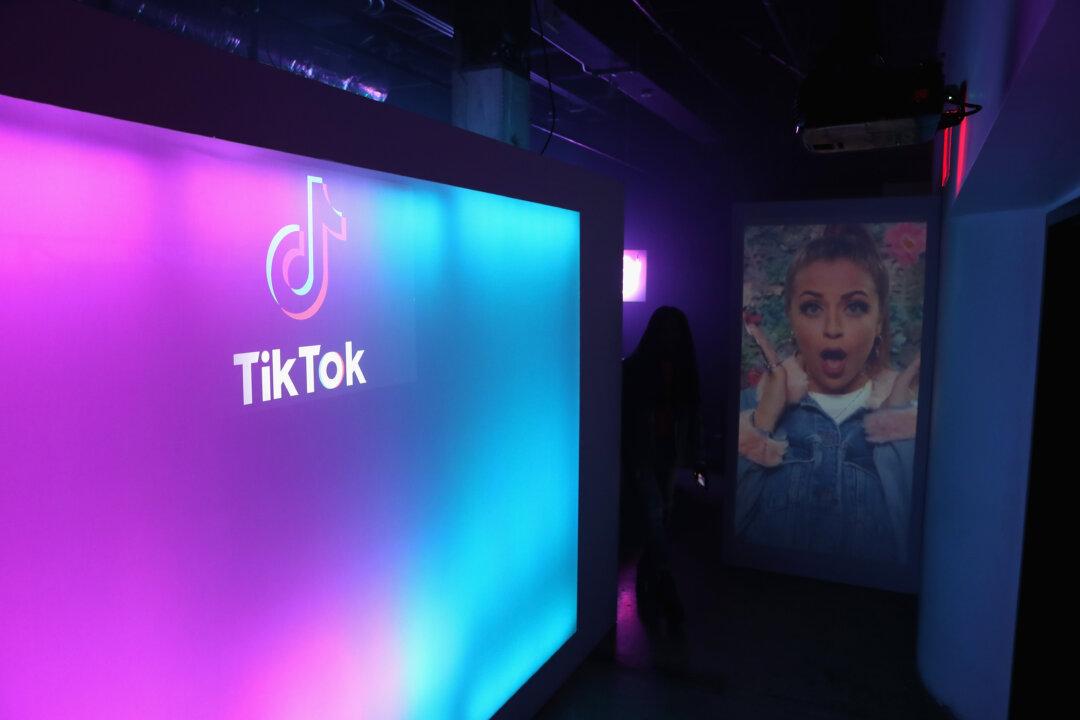U.S. Senate Minority Leader Chuck Schumer (D-N.Y.) and Sen. Tom Cotton (R-Ark.) are the latest to sound the alarm on Chinese short-form video app Tiktok, writing to the U.S. director of national intelligence (DNI) to assess the national security risks posed by TikTok and other Chinese applications with a U.S. presence.
National Security Threat
Schumer and Cotton sent a letter to acting DNI Joseph Maguire on Oct. 23. The DNI is a U.S. government Cabinet-level official who leads the United States intelligence community.“With over 110 million downloads in the U.S. alone, TikTok is a potential counterintelligence threat we cannot ignore,” the senators said in the letter, noting that TikTok collects extensive data on users, including “sensitive personal information.”





